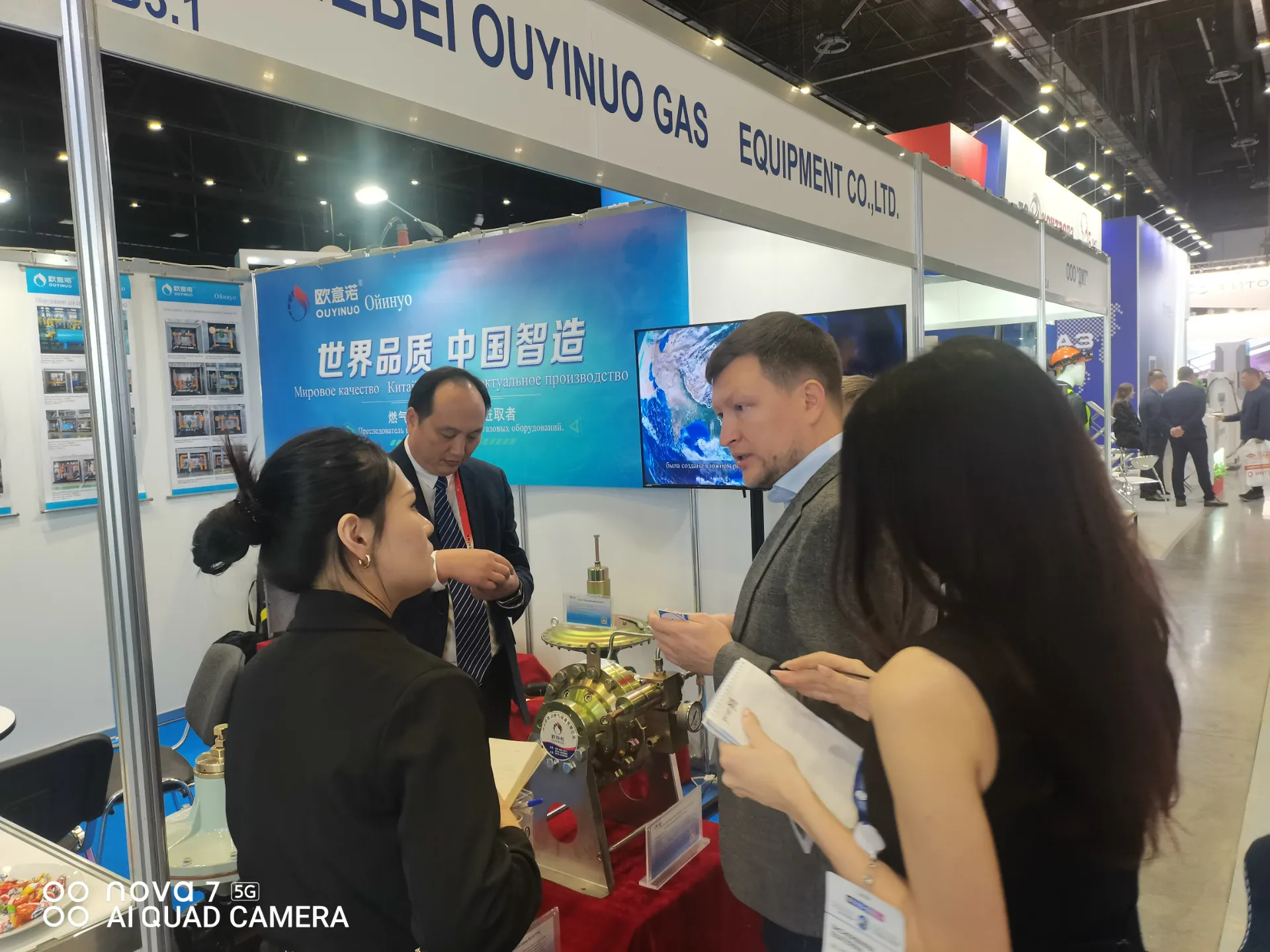
Nov . 08, 2024 04:50
Back to list
Design and Analysis of Air-to-Gas Heat Exchanger Systems for Efficiency Improvement
Heat Exchangers for Gases An Overview
Heat exchangers are crucial devices utilized in various industries to transfer heat between two or more fluids. They play a significant role in improving energy efficiency while reducing operational costs. Among the different types of heat exchangers, those designed for gases are particularly important in applications ranging from power plants to HVAC systems.
What is a Heat Exchanger?
A heat exchanger is a system or device that facilitates the transfer of heat from one medium to another. In the case of gas-to-gas heat exchangers, they are specifically designed to transfer heat between two gas streams without mixing them. This is essential in applications where contaminants or different chemical properties in the gases must be kept separated. The design of a heat exchanger generally focuses on maximizing heat transfer while minimizing pressure drop and ensuring structural integrity.
Types of Gas Heat Exchangers
There are several types of heat exchangers used for gas applications, each with unique characteristics suitable for specific operating conditions
1. Shell and Tube Heat Exchangers Comprising a series of tubes, these devices feature one fluid flowing through the tubes and another fluid flowing over the tubes within a shell. They are prevalent in industries that require high-pressure and high-temperature applications.
2. Plate Heat Exchangers These designs consist of multiple thin plates stacked together, providing a large surface area for heat exchange. They are highly efficient and are often used in food processing, petrochemical, and HVAC applications.
3. Air-to-Air Heat Exchangers Commonly found in ventilation systems, these exchangers utilize ambient air to improve energy efficiency in heating or cooling processes. They can recover waste heat and significantly reduce energy consumption in buildings.
4. Regenerative Heat Exchangers Utilizing a thermal storage medium, these exchangers temporarily store heat from one gas stream and release it into another, optimizing the heat exchange process. They are often used in industrial processes with fluctuating thermal loads.
.
Gas heat exchangers are utilized in various industries. Some notable applications include
مبادل حراري للغاز

- Power Generation In gas-fired power plants, heat exchangers help recover waste heat from exhaust gases, improving overall efficiency. This recovered heat can be used for preheating feedwater or for district heating purposes.
- Chemical Processing In many chemical manufacturing fields, heat exchangers are employed to control reaction temperatures by transferring heat from exothermic or endothermic reactions.
- HVAC Systems Heat exchangers play a vital role in heating and cooling buildings efficiently. They help to reclaim energy from exhaust air and preheat incoming fresh air, reducing heating costs.
- Food and Beverage Industry Maintaining specific temperatures is critical for food safety and quality. Heat exchangers are used to pasteurize liquids and chill products efficiently.
Advantages of Gas Heat Exchangers
1. Energy Efficiency By transferring heat from one gas stream to another, heat exchangers enhance energy efficiency, leading to cost savings in various applications.
2. Environmentally Friendly Improving energy efficiency ultimately leads to reduced greenhouse gas emissions, making these systems environmentally beneficial.
3. Compact Design Modern heat exchangers are designed to maximize heat transfer in a compact footprint, making them suitable for space-constrained applications.
4. Versatility Gas heat exchangers can be adapted to many different processes and industries, making them one of the most versatile thermal management solutions available.
Conclusion
Heat exchangers for gases are essential components in various industrial applications, promoting energy efficiency and sustainability. Their diverse designs cater to distinct needs in sectors like power generation, chemical processing, and HVAC systems. As industries increasingly focus on energy efficiency and environmental responsibility, the role of gas heat exchangers will continue to grow, paving the way for innovative solutions that enhance performance while reducing environmental impacts. Investing in advanced heat exchanger technology is not just a strategic decision for operational efficiency but also a significant step toward a more sustainable future.
Latest news
-
Safety Valve Spring-Loaded Design Overpressure ProtectionNewsJul.25,2025
-
Precision Voltage Regulator AC5 Accuracy Grade PerformanceNewsJul.25,2025
-
Natural Gas Pressure Regulating Skid Industrial Pipeline ApplicationsNewsJul.25,2025
-
Natural Gas Filter Stainless Steel Mesh Element DesignNewsJul.25,2025
-
Gas Pressure Regulator Valve Direct-Acting Spring-Loaded DesignNewsJul.25,2025
-
Decompression Equipment Multi-Stage Heat Exchange System DesignNewsJul.25,2025

